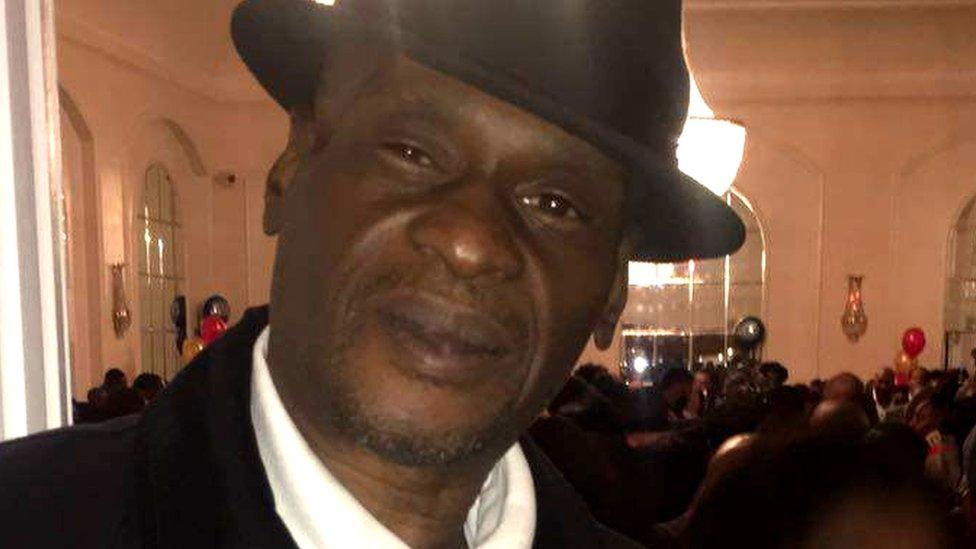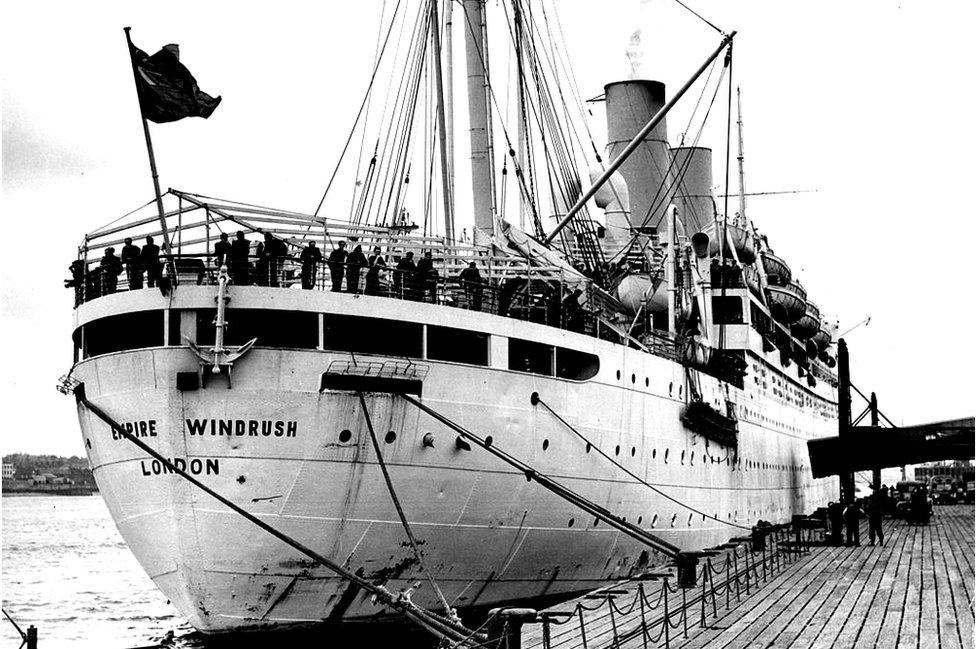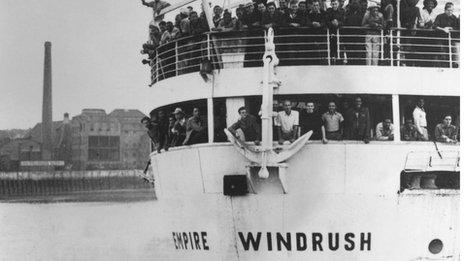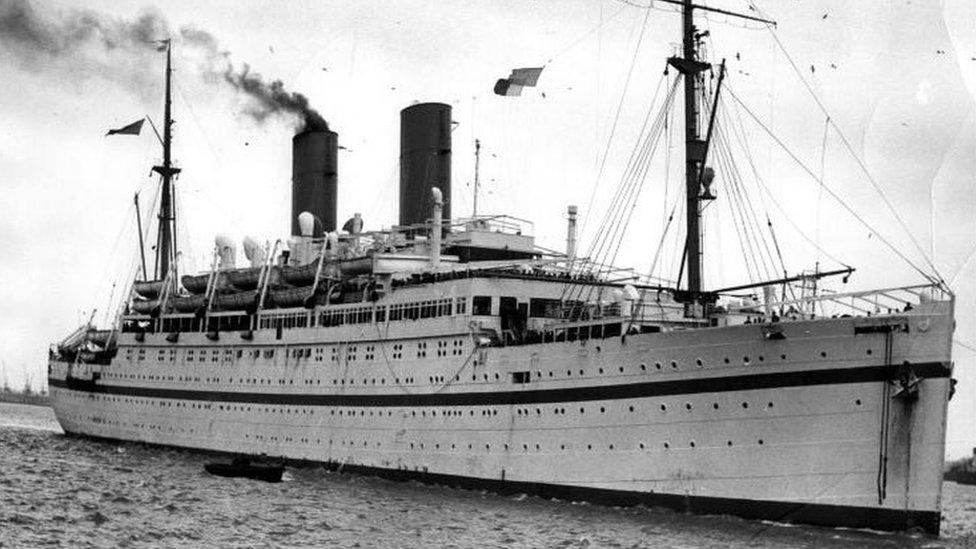Windrush man was treated shamefully, appeal judges say
- Published

Hubert Howard suffered a "hostile environment" as a result of being unable to obtain formal documentation of his immigration status, judges said
A man who travelled to Britain in 1960 when he was three, as part of the Windrush generation, was "shamefully treated", senior judges have said.
Hubert Howard was born in Jamaica and died in Britain in 2019, aged 62.
He experienced "serious problems" because he could not get formal documentation of his immigration status, Court of Appeal judges said.
A ruling on the latest stage of a citizenship dispute found he had been subject to a "hostile environment".
At the hearing on Wednesday Lord Justice Underhill, Lord Justice Baker and Lady Justice Elisabeth Laing said Mr Howard's family had been compensated under the Windrush Compensation Scheme for the "way in which he was treated".
"Like many others in the Windrush generation, Mr Howard suffered serious problems from being subject to the so-called 'hostile environment' as a result of being unable to obtain formal documentation of his immigration status," said Lord Justice Underhill.
He added that "most seriously", in 2012, Mr Howard had lost a long-term job as a caretaker after an inspection by immigration officers.

The Empire Windrush brought workers from Jamaica, Trinidad and Tobago and other islands to the UK as a response to post-war labour shortages
Mr Howard had applied for naturalisation as a British citizen in 2018.
However, Home Office ministers refused his application on the basis that Mr Howard did not satisfy the statutory "good character requirement".
In 2021, a High Court judge said the refusal of Mr Howard's application for naturalisation had been unlawful.
But the appeal judges overturned that ruling and upheld a Home Office challenge.
Lord Justice Underhill said the appeal decision did not "in any way undermine the recognition that Mr Howard was shamefully treated".
Lord Justice Baker and Lady Justice Laing agreed.
A Home Office letter explained how Mr Howard's application had been refused because he did not meet a "good character requirement", and had been "convicted of a number of criminal offences" and given a 12-month suspended jail term for assault.
Appeal judges said all but one of the offences were "minor".
They said the assault conviction occurred in 2018, when Mr Howard, who had been seriously ill, became angry with the doctor's receptionist, attempted to snatch paperwork from her and "in the course of doing so" had "grabbed her finger".
Mr Howard had brought proceedings challenging the refusal of his application in April 2019, arguing that it was inconsistent with promises made by then Home Secretary Amber Rudd, in a Commons statement in April 2018, about the treatment of members of the Windrush generation.
The decision to refuse had been reviewed by the Home Office in October 2019 - and Mr Howard's application had been granted "on an exceptional basis".
Mr Howard, who suffered from leukaemia for several years, died less than a month later. Since then, he has been represented by his daughter.
Related topics
- Published14 November 2019

- Published18 April 2018

